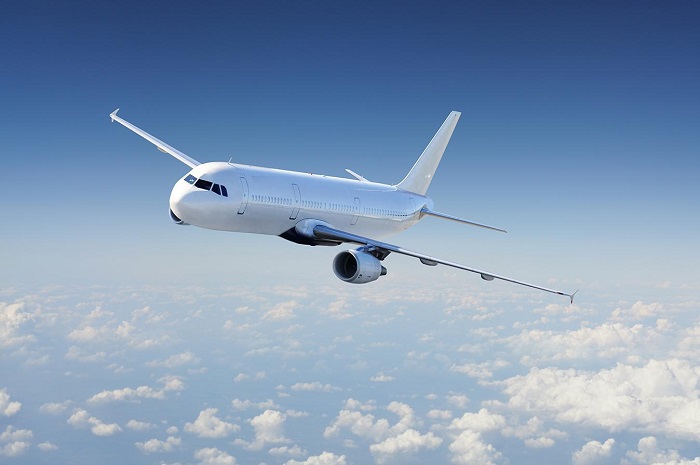Travel
Whistleblower Raises Concerns About Aircraft Safety and Quality

- Boeing faces renewed scrutiny over alleged manufacturing issues, including whistleblower claims and FAA investigation.
- Company disputes allegations, asserts safety of planes, amidst ongoing legal and regulatory challenges.
Boeing is under renewed fire following allegations by an anonymous source regarding manufacturing issues of certain planes sold by them to US regulators.
Engineer Sam Salehpour accused Boeing of cutting corners during construction of their 787 and 777 jets, accusing the firm of taking shortcuts when producing its aircraft.
He claimed he was threatened with termination after raising concerns with supervisors.
But Boeing quickly dismissed these accusations as inaccurate and assured its planes are safe.
“All issues raised have undergone rigorous engineering examination with Federal Aviation Administration oversight,” according to the company. This analysis confirmed that these issues do not pose any safety threats and that aircraft can remain operational over several decades without incurring costly maintenance bills.
On Tuesday, shares in a plane manufacturer saw their shares dip almost two percent after Federal Aviation Administration (FAA) confirmed they are investigating claims by employees regarding possible safety hazards at their factory, while reporting only 83 planes delivered since 2021 – its lowest number since then.
This whistleblower complaint, first reported by The New York Times, has brought into sharp focus issues related to Boeing planes manufactured here and globally – one of only two major producers of commercial planes worldwide.
After an unapproved exit door came loose during take-off in one of their smaller 737 Max 9 planes in January shortly after take-off, the company already found itself under criminal and other legal scrutiny.
Passengers were unharmed during this incident; however, Boeing has found itself thrust into crisis by its temporary grounding of several of their 737 Max 9 planes, regulatory inquiries into this event, as well as significant reductions in production of its planes.
Due to increasing scrutiny surrounding his company, Chief Executive David Calhoun announced last month he would voluntarily step down by December.
On Tuesday, attorneys representing engineer Salehpour alleged that Boeing made decisions during 787 aircraft assembly that placed stress on joints connecting parts of their jet bodies; these decisions affected over 1,000 planes.
He filed a whistleblower complaint with the FAA alleging this method could shorten plane’s lifespan and pose safety hazards to both pilots and passengers.
“These issues stem directly from Boeing’s decisions over time to prioritize profits over safety, coupled with an FAA that has become too accommodating towards industry,” his lawyers Debra Katz and Lisa Banks explained in a statement.
Attorneys also noted that Mr Salehpour had been transferred from working on the 747 plane after raising concerns.
They claimed he quickly noted other issues in assembling that plane.
“He was threatened with termination, excluded from important meetings, projects and communication; denied reasonable requests for medical leave; assigned work outside his expertise and effectively made persona non grata by his colleagues,” they reported.
The 787 Dreamliner, commonly used on international flights since 2011, has long been plagued with quality complaints since its inaugural flight.
Boeing was forced to slow production and suspend deliveries for almost two years while they addressed issues raised. Finally, in 2022 the FAA cleared them to resume deliveries again.
Since January’s door plug blowout incident, which saw oversight increase of Boeing, FAA issued an encouraging statement encouraging all those working within aviation to share knowledge among themselves and exchange data freely with one another.

















































